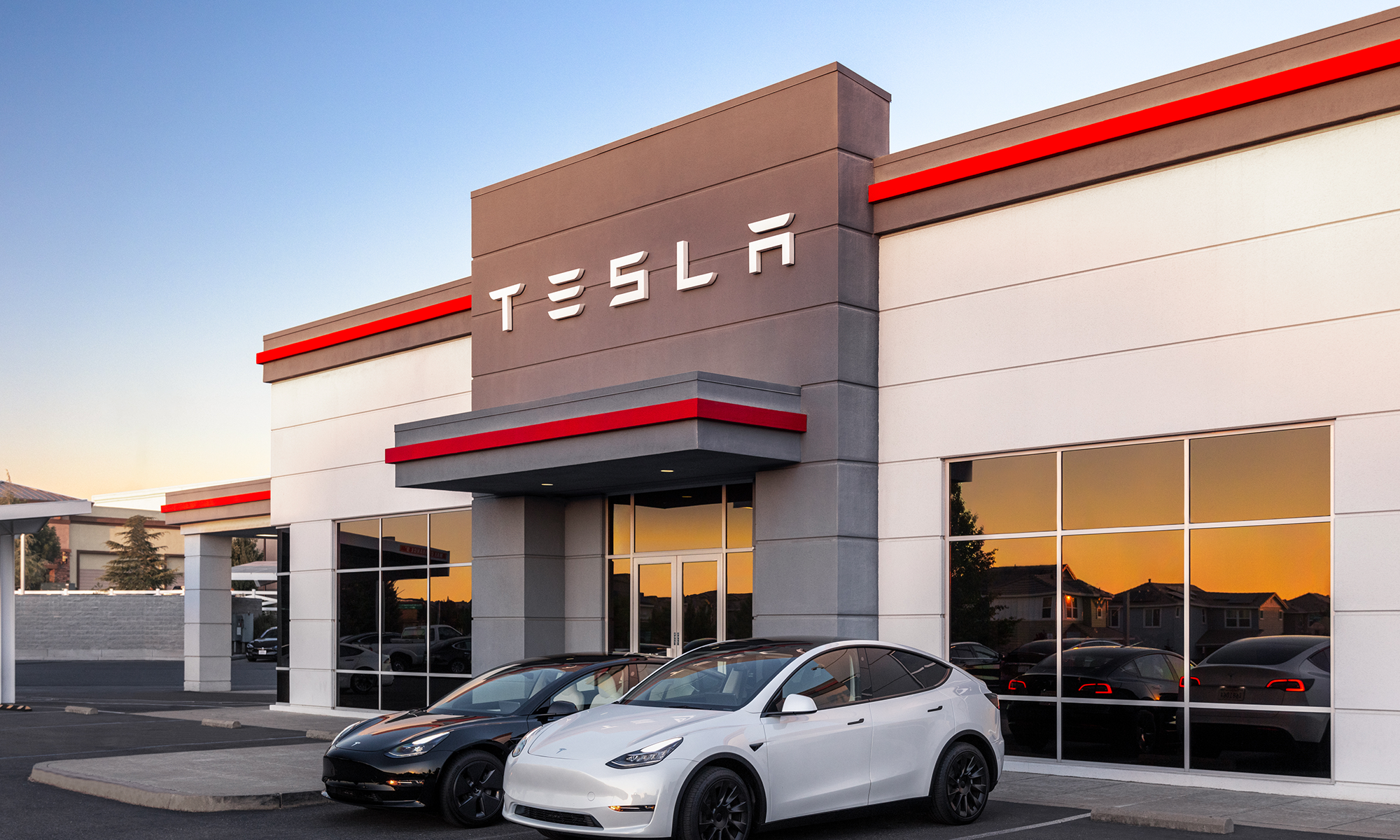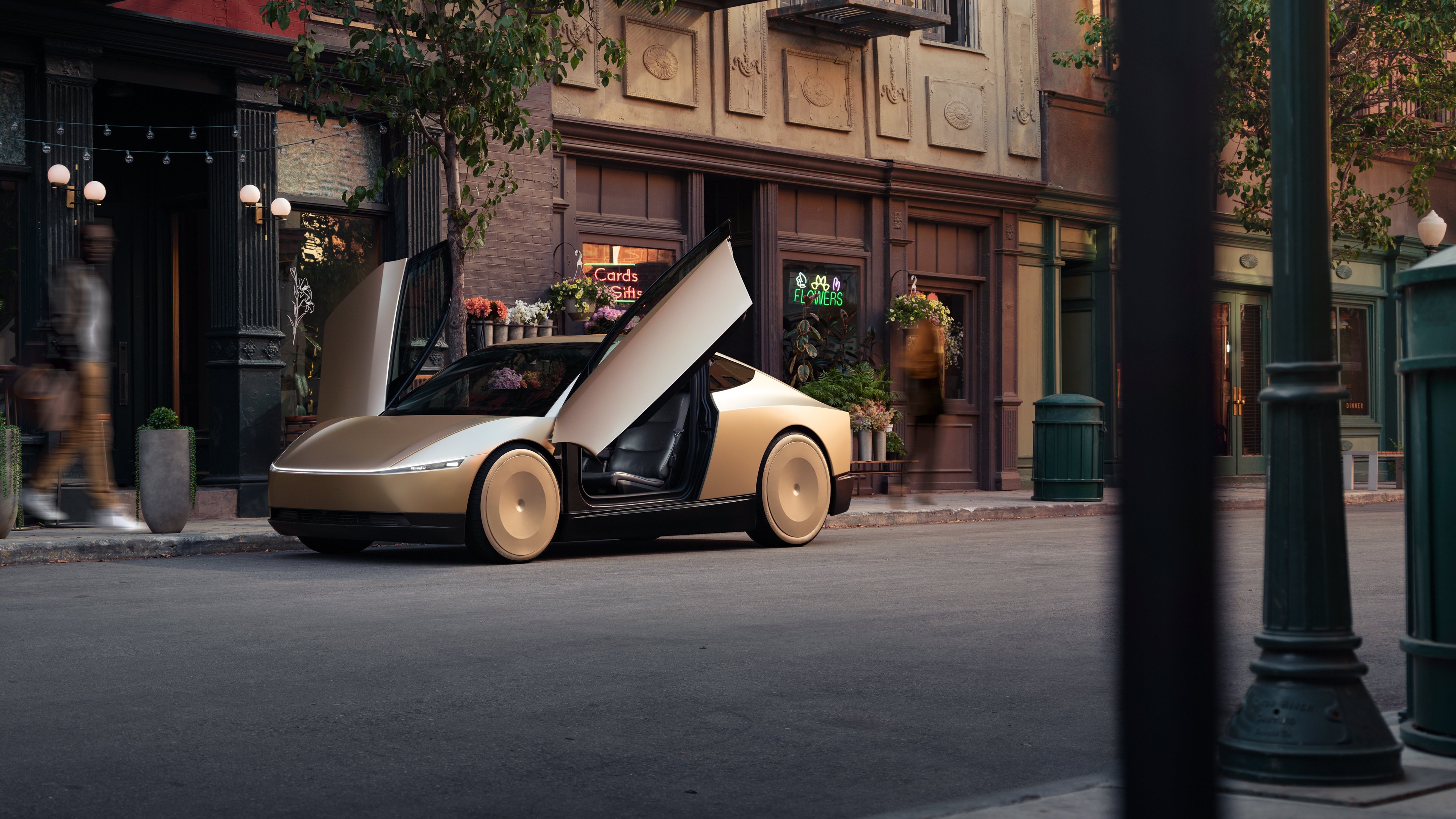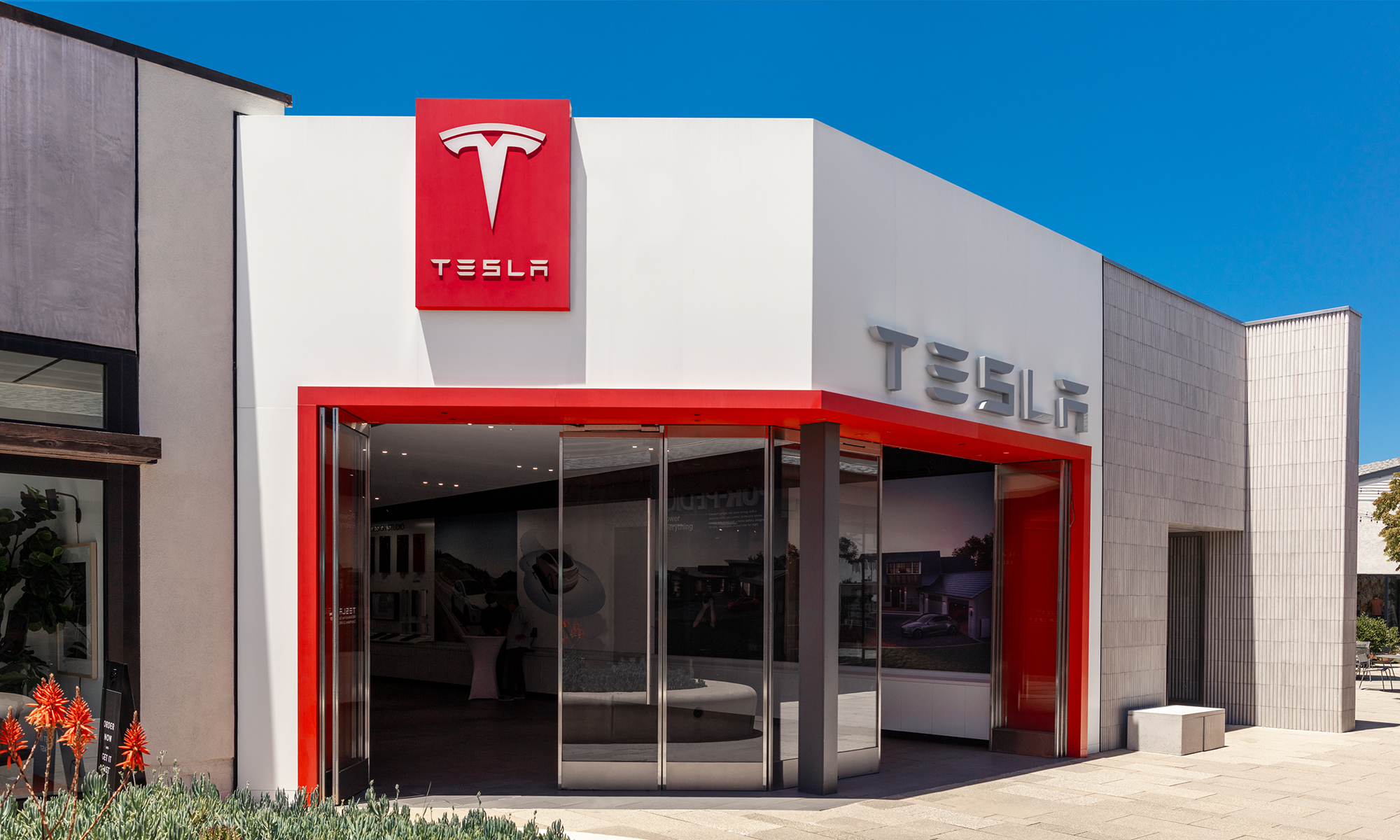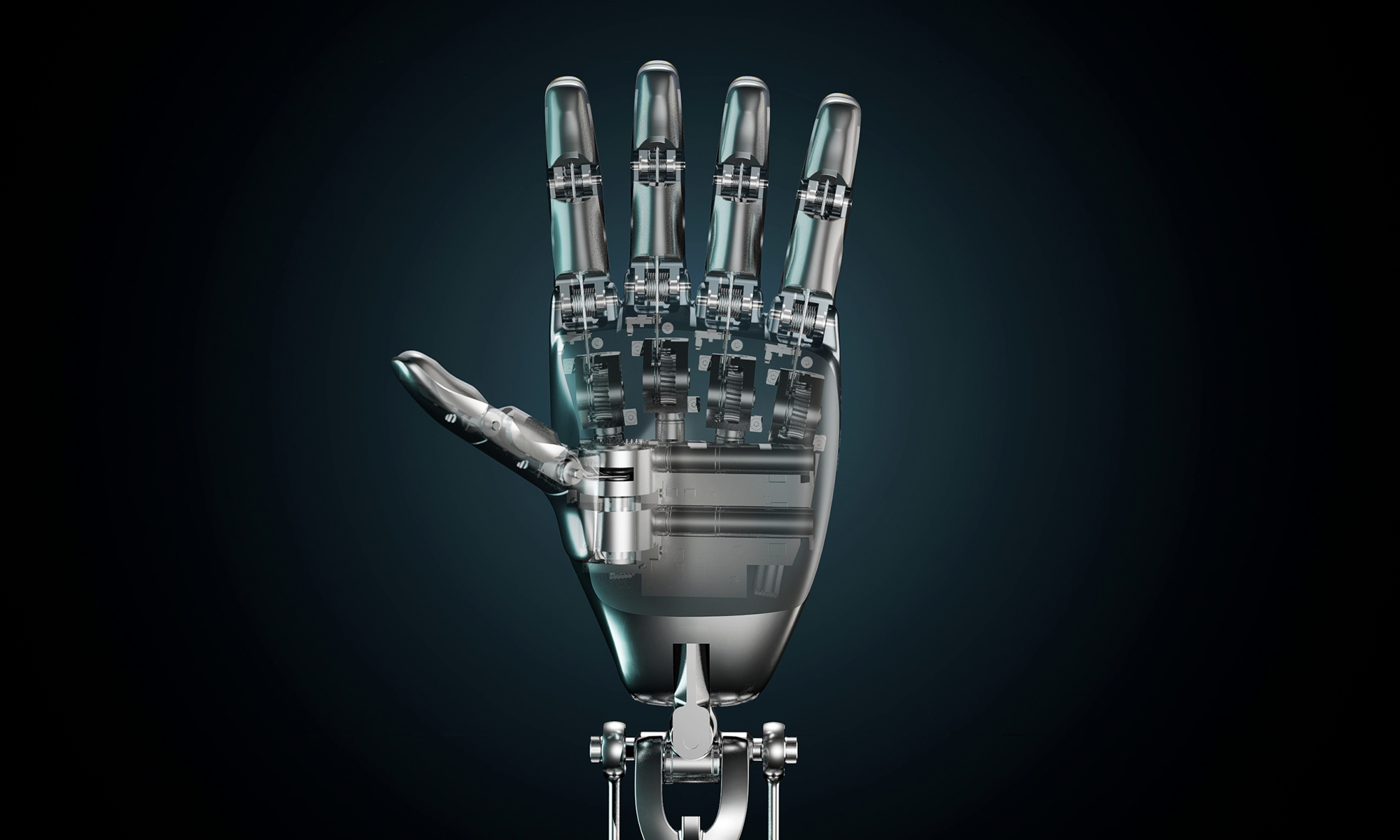
Rendering of Tesla's planned Gigafactory. Image source: Tesla Motors.
In February, Tesla (TSLA 0.04%) announced plans to build a Gigafactory, a facility that will by 2020 manufacture lithium-ion batteries at an annual scale that exceeds the lithium-ion supply required worldwide in 2013. With Tesla only investing $2 billion of the $4 billion-$5 billion required to build the massive factory, partners will be key. After Tesla made its announcement, the assumption was that Panasonic would quickly step up to the plate as the company's major supplier -- after all, Panasonic is currently the electric-car maker's sole supplier of battery packs for the Model S vehicle. But, initially, Panasonic wouldn't admit to anything more than a letter of intent to take part in Tesla's endeavor.
While Panasonic's bluff may have fooled some individuals who aren't intimately familiar with Tesla's story, those following the automaker closely knew that its partner would eventually come around. Take Tesla Mondo blogger Robert Fahey, for instance:
[Panasonic] can't appear too eager to participate. Excessive eagerness could cause two problems:
- Less-favorable partnership terms
- Spooking conservative shareholders who might find Tesla scary
Sure enough, the company is finally letting on that the basically inevitable is basically inevitable. What a surprise.
Two days after Fahey's May 21 blog post, Panasonic spoke up with some concrete details about its plans for involvement in the Gigafactory. The news (via Reuters) essentially boils down to two key points.
- Panasonic believes it will be the sole manufacturer of Tesla's battery packs at the Gigafactory.
- Investments will only be made gradually, one step at a time. (After all, Tesla does not plan to launch its lower-cost car until 2017, and it doesn't expect to sell 500,000 vehicles per year until 2020.) Risk, therefore, can be mitigated appropriately.
The bluff is over. Panasonic is clearly drooling over the upside potential in Tesla's ambitions.

The Model S battery pack is built in to the floor of the vehicle. Image source: Tesla Motors.
The business opportunity
While there's undoubtedly risk for Tesla and Panasonic in the Gigafactory, the opportunity for both outweighs the danger.

Model S. Image source: Tesla Motors.
Consider Panasonic's situation. Thanks to Tesla, things are looking up. The company predicts that it can double sales from its automotive business by the end of its fiscal 2019. Furthermore, the partnership with Tesla helped Panasonic post its first fiscal year profit in three years in its budget year ending in March. Panasonic recently doubled its expectations for net profit this fiscal year from about $500 million to $1 billion. The major driver for the company's newfound optimism? Primarily, sales of lithium-ion batteries to Tesla Motors.
With Tesla's Gigafactory and planned lower-cost car around the corner, turning down Elon Musk's proposition to change the world would be borderline crazy -- especially considering that Panasonic believes it can minimize risk basically by making investments in line with demand.
So is Tesla at risk of not having a battery manufacturer? Probably not.






